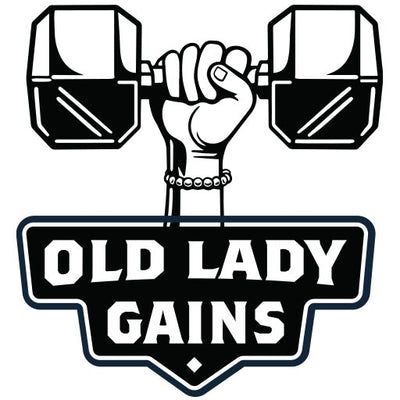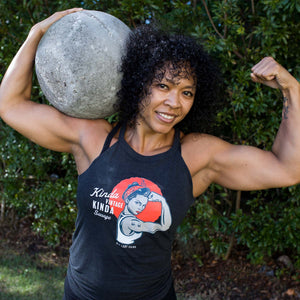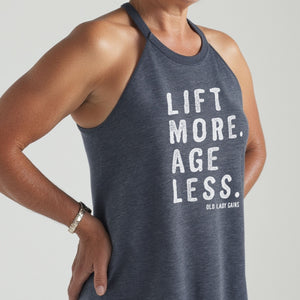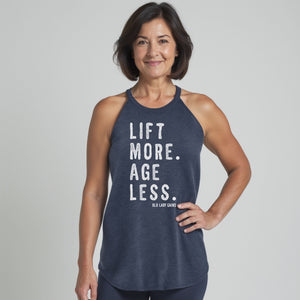Menopause & Muscles
Mar 05, 2023
Menopause is a natural and inevitable transition in a woman's life, marking the end of her reproductive years. This transition can be accompanied by a range of physical and emotional changes, including hormonal fluctuations that can lead to symptoms such as hot flashes, night sweats, mood swings, and loss of muscle mass. This period is an important time for midlife women and it critical to both their mental and physical health. As a society, we suck at providing general education or even talking about the topic.
While many women turn to hormone replacement therapy (HRT) or other medications to alleviate these symptoms, research has shown that exercise can be a powerful tool in reducing menopause-related symptoms without the use of pills.
One of the most significant benefits of exercise for women going through menopause is the preservation of muscle mass. As women age and go through menopause, their bodies undergo significant changes, including a decline in estrogen levels. This decrease in estrogen can lead to a reduction in muscle mass and strength, as well as an increase in body fat. However, research has shown that exercise can help maintain or even increase muscle mass, which can help prevent the age-related loss of muscle that typically occurs after menopause.
Exercise has also been found to improve bone density, which can help reduce the risk of osteoporosis. Menopause is a significant risk factor for osteoporosis, as the decline in estrogen levels can lead to a decrease in bone density. However, regular exercise can help maintain bone density and reduce the risk of fractures and other bone-related injuries.
In addition to the physical benefits, exercise can also have a positive impact on mental health and well-being. Studies have shown that exercise can reduce symptoms of depression, anxiety, and stress, which are common during menopause. Exercise can also improve cognitive function, including memory and attention span.
Despite these benefits, many women are hesitant to engage in exercise during menopause due to a lack of information or stigma surrounding menopause. In many cases, women may feel uncomfortable discussing their symptoms or seeking support for menopause-related issues.
It's time to change the conversation around menopause and make it a normal part of our everyday discussions around health and wellness. Just as Big Pharm has normalized conversations around erectile dysfunction (ED) for men, we need to do the same for women going through menopause. It's time to break the stigma and encourage women to speak openly about their experiences and seek out the support and resources they need.
Exercise can be a powerful tool for reducing menopause-related symptoms without the use of pills. By engaging in regular exercise, women can maintain muscle mass, improve bone density, and promote overall physical and mental well-being. Let's start talking about menopause openly and without shame, and encourage women to prioritize their health and wellness during this important transition in their lives.













